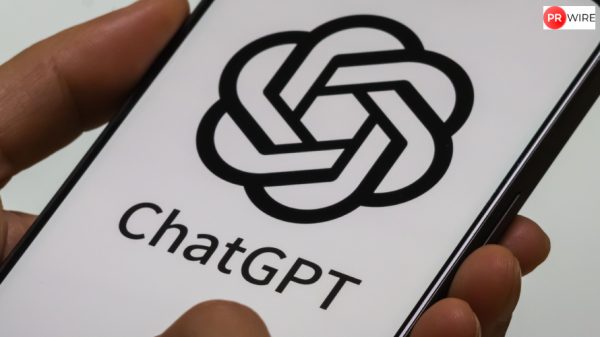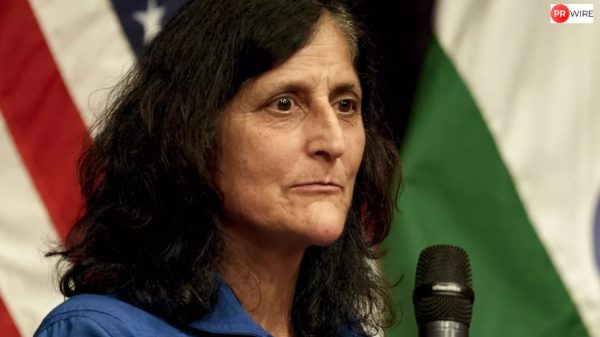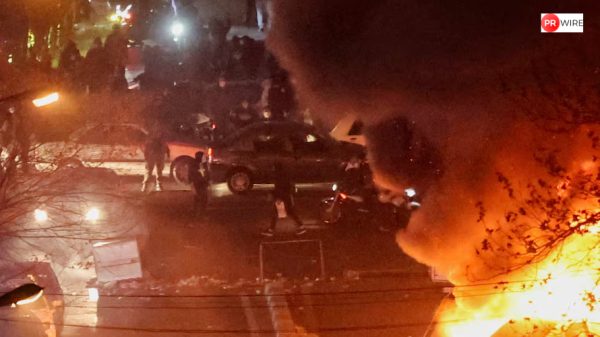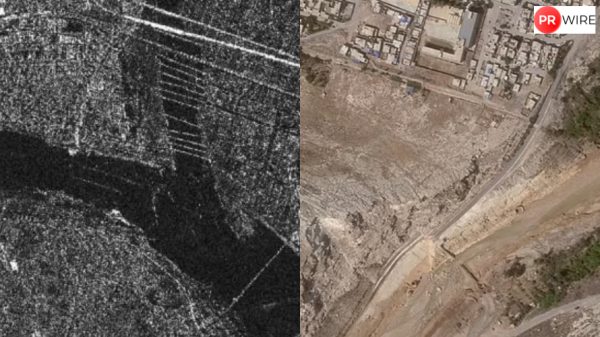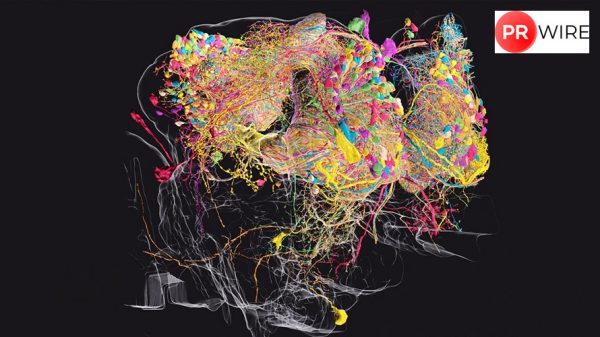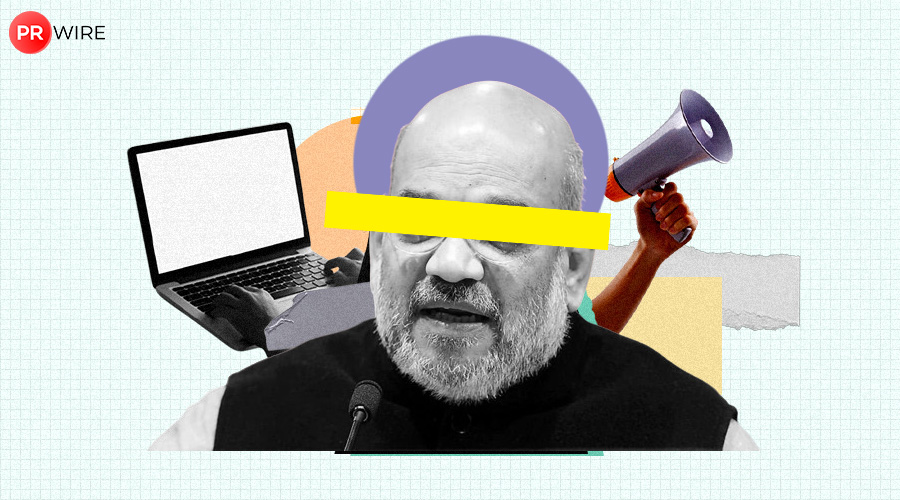The government is working on the “big challenge” of modernizing the policing system using technology without changing its basic structure, Union Home Minister Amit Shah said here on Tuesday. As technology is changing rapidly, police need to stay “two generations” ahead of criminals, he said at a seminar on `behavioral forensics’ at the National Forensic Sciences University (NFSU).
India’s criminal justice system will be the most advanced in the world in the next five years once all the systems under the three new criminal laws — Bharatiya Nyaya Sanhita, Bharatiya Nagarik Suraksha Sanhita, and Bharatiya Sakshya Act — are in place, he said. “Unless we integrate forensic science with all the stakeholders of the judicial process, we will not benefit. Forensic science should be used for investigation, prosecution, and justice. Now, the time has come to go a step forward by adopting forensic science in education,” Shah said.
When we are moving towards a journey of 100 years of independence with a strong foundation, I can see four challenges in our criminal justice system. Integrating technology in the entire policing system to make it a modern policing system without changing its basic structure is a big challenge before us,” the Union minister said. Hybrid and multi-dimensional threats arising out of new technologies such as Artificial Intelligence also pose a challenge, and there is a need to identify and create a network to protect our systems, he said.
The Union government has taken steps to meet the requirement of more than 9,000 scientific officers and forensic science officers that the country will need to recruit every year, Shah said. “We have worked on three challenges — creation of human resources through NFSU, creation of a technological database, completion of data integration, and creation of software using Artificial Intelligence and making them legal,” he said.
The article originally appeared on Money Control.









